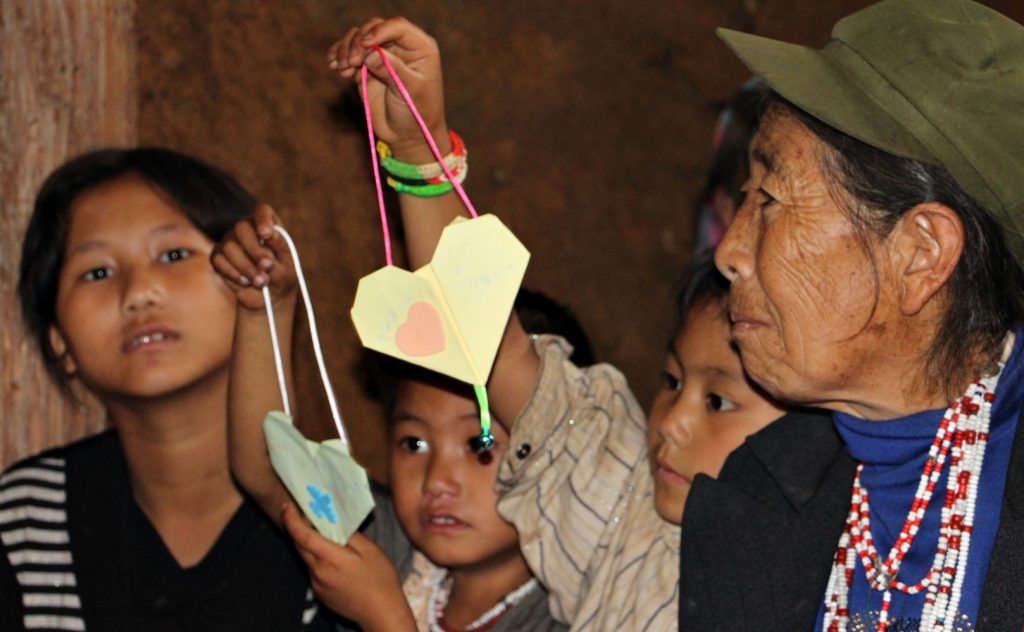Dear Brothers and Sisters,
I paid a visit to CEDAR’s Kunming office recently. Though this was not my first time to this city, it was my first time encountering heavy traffic jam there.
If we are not too particular, “traffic congestion” can be a simple and easily-available indicator to reveal fast economic growth in any city of less developed countries. Surely economic development does not come without a price, and the inconvenience caused by traffic congestion is one. In fact, impacts do not only rest with the residents, they might also be extended to the NGOs (Non-Government Organizations).
Over the last three decades, China’s economic condition has strengthened substantially, and in turn, financial assistance from foreign NGOs has become less appealing. So now, many more factors, like cultural, social, religious and political considerations, could carry a much heavier weight than ever before in the country’s attitude towards overseas NGOs. That is why China’s new foreign NGO law, which will come into effect at the beginning of 2017, is generally seen as a measure to tighten the control on overseas NGOs.
In fact, this is not a single incident or China-specific case. Few weeks ago, I heard that an international NGO was under threat of being kicked out from India after 30 years, as it is accused of doing evangelism alongside community development work. Basing on my rough estimation, this NGO is sending to India at least US$3 million every year. These incidents clearly tell us that in serving the needy, we need to stay relevant not only to the needs of the people, but also to the contexts and trends in the countries.
I am thankful that CEDAR has been partnering with the Chinese local churches in our projects for a long time. At present, other than working hand-in-hand with our partners in development works, we are actively equipping our partners to own and run the projects. By so doing, the ministry could take root much easier in the country. We can view it as a kind of localization in mission work.
Anyhow, capacity building of the local churches is not a short-term effort and it does require significant investment of manpower and financial resources. We need a lot of intercession and financial support from you to keep running this ministry which is so important to the future of the people and the churches in China.
In Christ
Raymond Kwong
